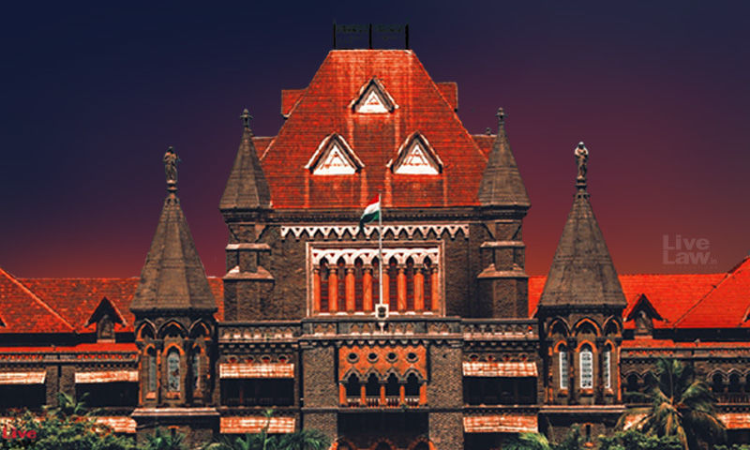- Home
- /
- Top Stories
- /
- 25 Important Judgements And...
25 Important Judgements And Happenings In The Bombay High Court From 2021
Sharmeen Hakim
31 Dec 2021 1:30 PM IST
From Bollywood to politics, 25 important judgements and happenings in the Bombay High Court from 2021. 1. Media Trial During Investigation Interferes With Administration Of Justice; Amounts To Contempt Of Court : Bombay High Court [Nilesh Navalakha & Ors. v. Union of India] A Division Bench comprising Chief Justice Dipankar Dutta and Justice GS Kulkarni held that media...
Tags
Bombay High CourtBombay High CourtBombay High CourtBombay High CourtMedia TrialMedia TrialMedia TrialMedia TrialPOCSOPOCSOPOCSOPOCSOIT RulesIT RulesCOVID -19IT RulesIT Rules#Kangana RanautSudha BharadwajCOVID -19COVID -19COVID -19UAPA#Kangana Ranaut#Kangana RanautNirmala Uppuganti#Kangana RanautAryan KhanSudha BharadwajSudha BharadwajRTI ActSudha BharadwajUAPAUAPAUAPANirmala UppugantiNirmala UppugantiAryan KhanNirmala UppugantiAryan KhanRTI ActAryan KhanRTI ActRTI Act
Next Story



